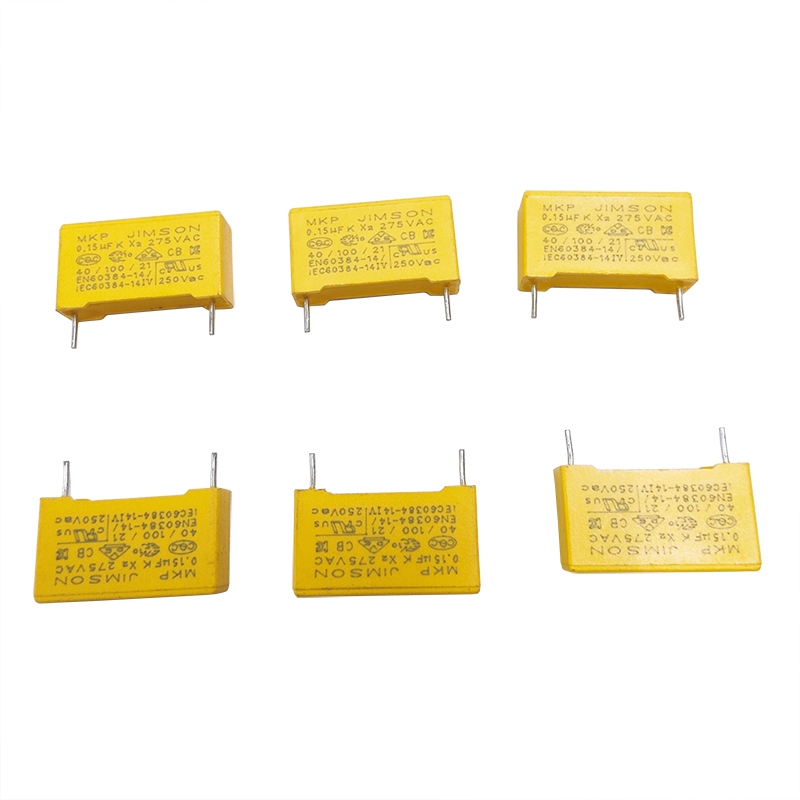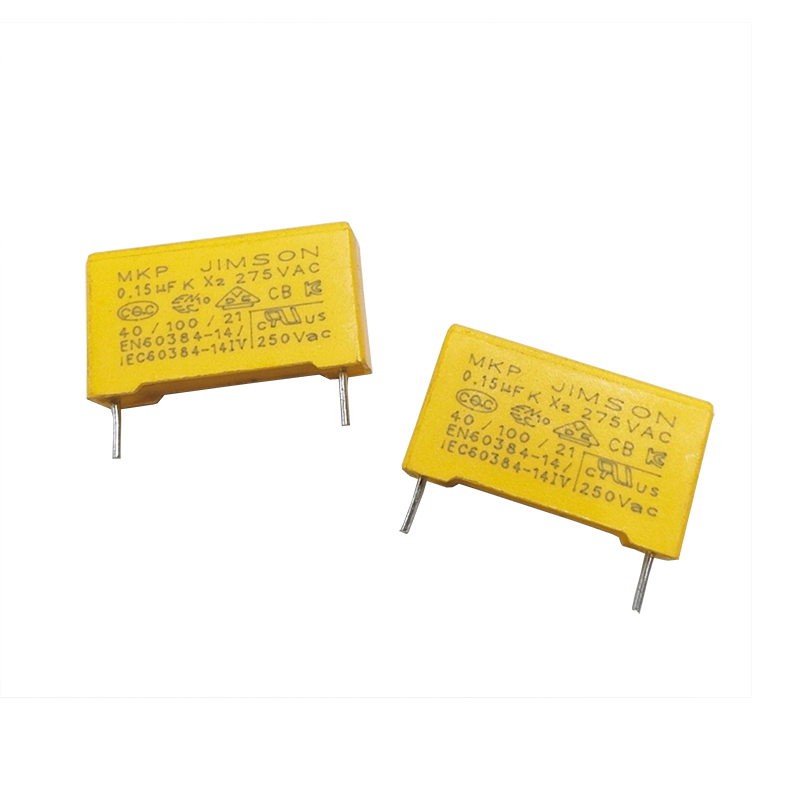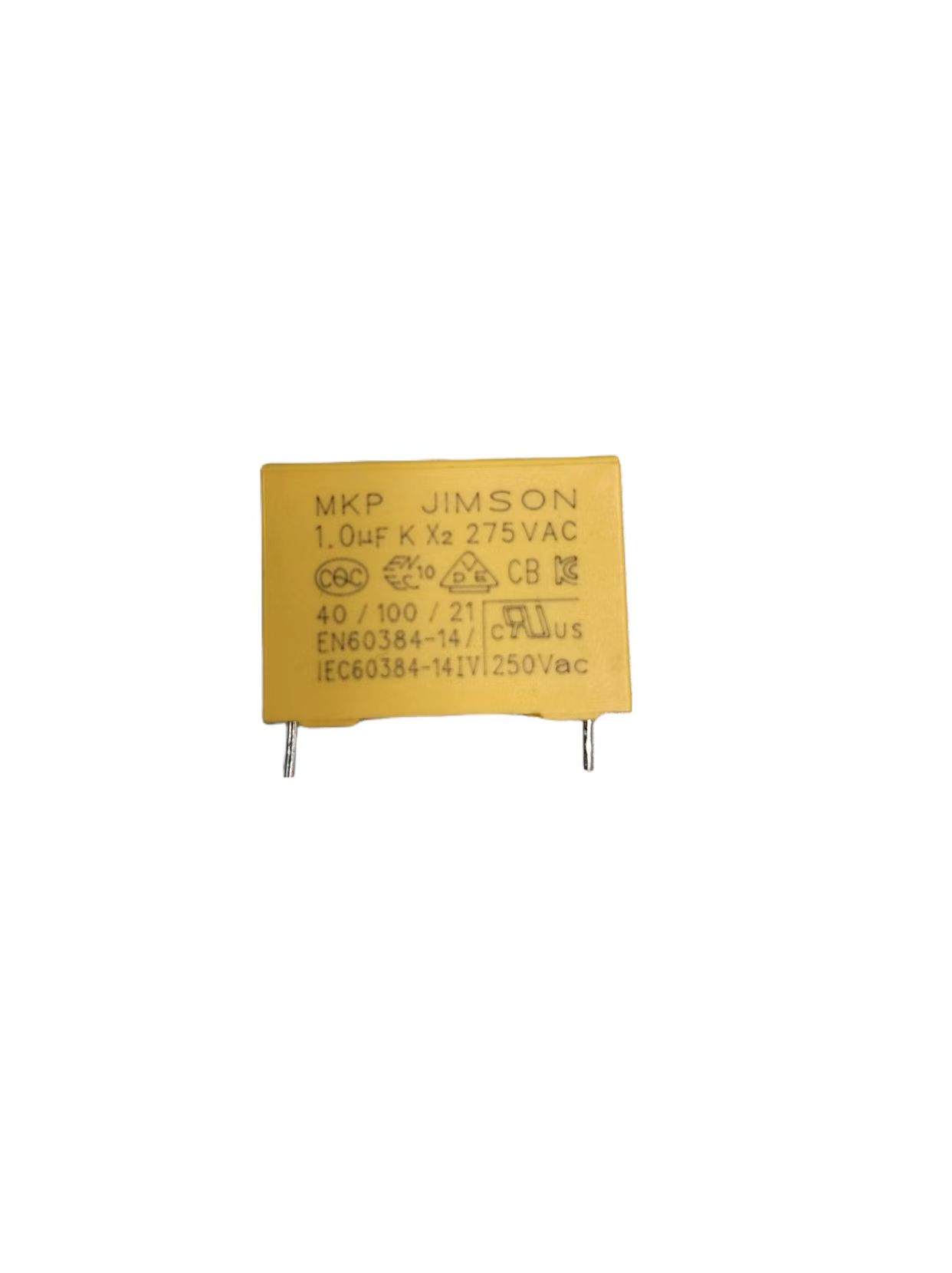Electrical noise is a common problem in industrial and electronic applications, caused by electromagnetic interference (EMI) or radio frequency interference (RFI). The resulting noise can cause system malfunctions or data errors and affect the overall performance of equipment. Suppression capacitors provide an effective solution for reducing electrical noise and improving system performance. In this article, we will discuss the benefits of using suppression capacitor for electrical noise reduction.
1. Improved Signal Integrity
Suppression capacitors are designed to attenuate high-frequency noise and prevent it from propagating along electrical lines. By filtering out unwanted noise, suppression capacitor improves signal integrity and increase the accuracy of data transmission.
2. Enhanced EMC Compliance
Suppression capacitor is essential components for ensuring compliance with electromagnetic compatibility (EMC) regulations. These regulations limit the amount of electrical noise that electronic devices can emit or receive, which can interfere with other electronic equipment. By reducing electrical noise, suppression capacitor helps ensure that electronic devices meet EMC standards and operate reliably.
3. Reduced System Malfunctions
Electrical noise can cause system malfunctions, leading to downtime and increased maintenance costs. Suppression capacitors reduce electrical noise and prevent system malfunctions, leading to improved system reliability and reduced downtime.
4. Increased Equipment Lifespan
Electrical noise can also cause premature equipment failure due to stress on electrical components. Suppression capacitors protect equipment from electrical noise and extend equipment lifespan, reducing replacement and maintenance costs.
5. Versatility
Suppression capacitor come in various types and sizes, making them suitable for a wide range of applications. They can be used in power supplies, motor control systems, lighting systems, and many other electronic devices.

6. Cost-Effective Solution
Suppression capacitors offer a cost-effective solution for reducing electrical noise compared to other alternatives like shielded cables or filters. They are relatively inexpensive and easy to install, making them a popular choice for many industrial applications.
It is worth noting that suppression capacitors are available in different types, including ceramic capacitors, tantalum capacitors, and film capacitors. Each type has its advantages and disadvantages, and the selection depends on the specific requirements of the application. For example, ceramic capacitors are suitable for high-frequency applications due to their low inductance and high capacitance density, while tantalum capacitors are ideal for use in harsh environments due to their resistance to temperature extremes and moisture.
When selecting a suppression capacitor, it is important to consider not only the specific requirements of the application but also any potential trade-offs between performance and cost. Some suppression capacitors offer higher performance but may be more expensive, while others may provide lower performance but at a more affordable price point. It is essential to balance these factors when selecting a suppression capacitor to ensure optimal value and performance.
Finally, it is crucial to ensure that the selected suppression capacitor meets all necessary industry standards and regulations. This includes factors such as electrical safety, environmental compliance, and performance specifications. Choosing a high-quality suppression capacitor from a reputable manufacturer can help ensure consistency and reliability in operation.
In summary, suppression capacitors offer several benefits for reducing electrical noise and improving system performance, including improved signal integrity, enhanced EMC compliance, reduced system malfunctions, increased equipment lifespan, versatility, and cost-effectiveness. When selecting a suppression capacitor, it is important to consider factors such as capacitance value, voltage rating, temperature range, and type, as well as any trade-offs between performance and cost. By choosing a high-quality suppression capacitor that meets industry standards and regulations, engineers can ensure reliable and efficient noise reduction for optimal system performance.
Related Products






